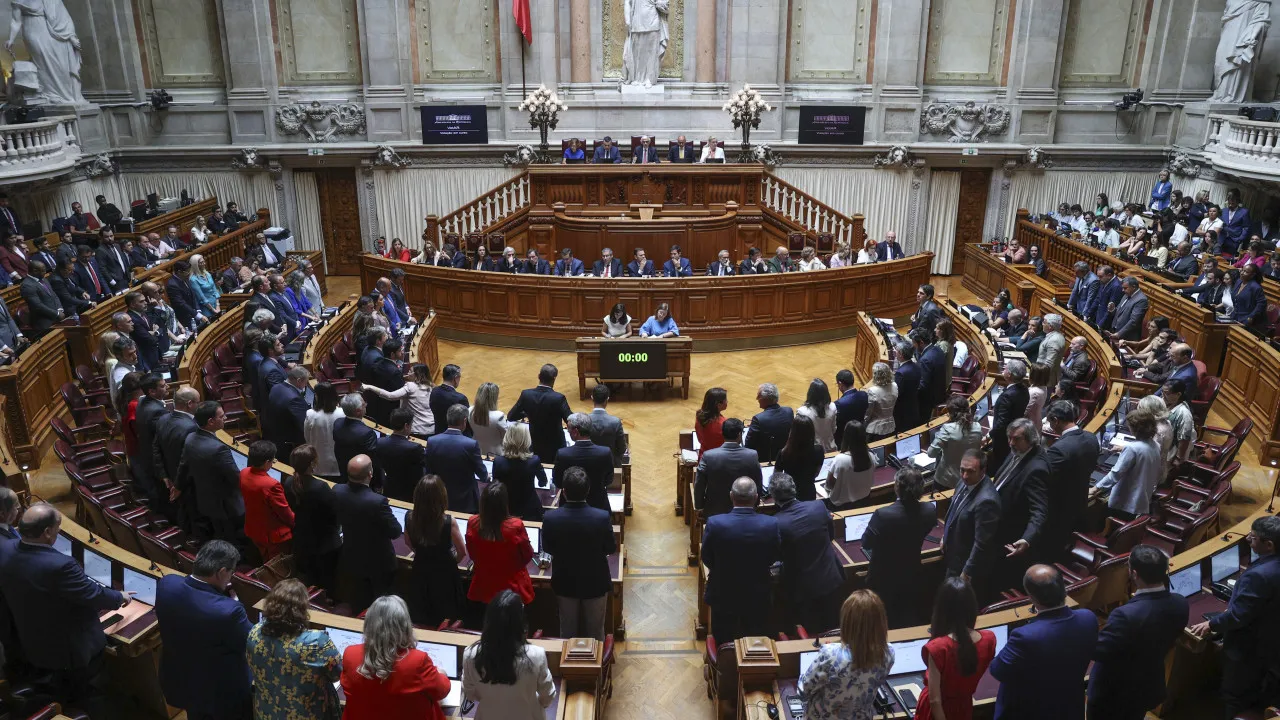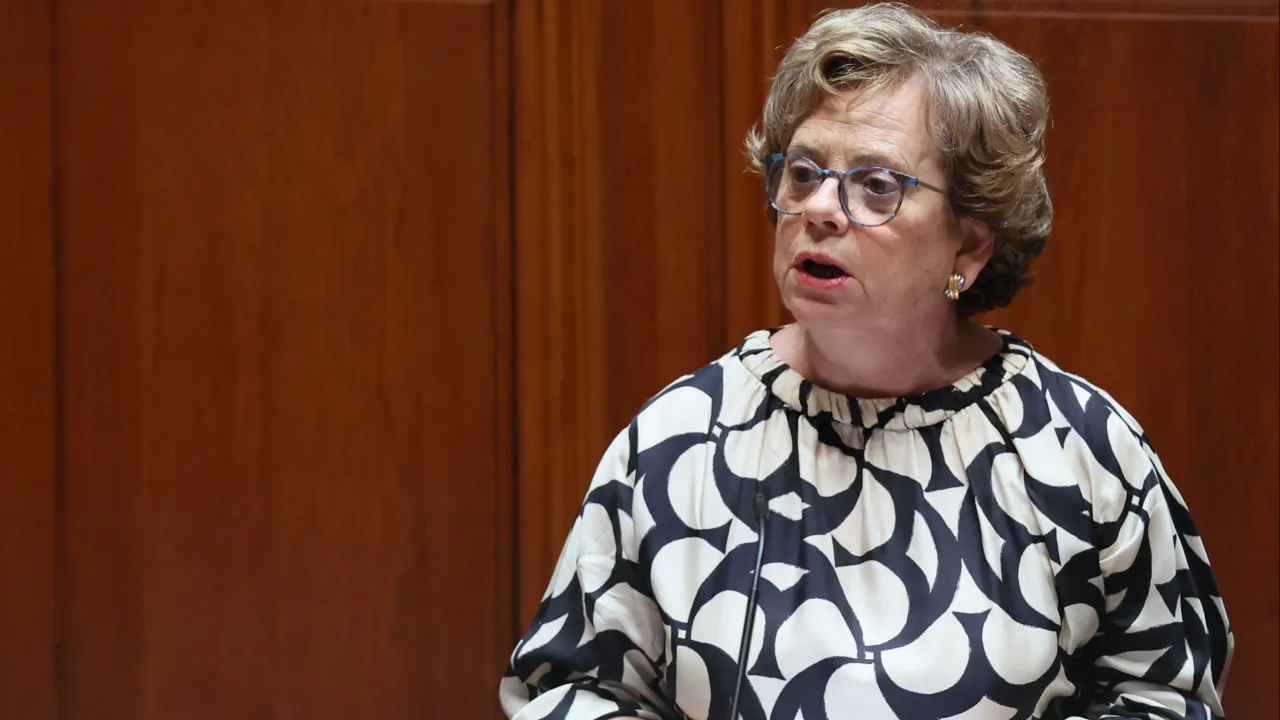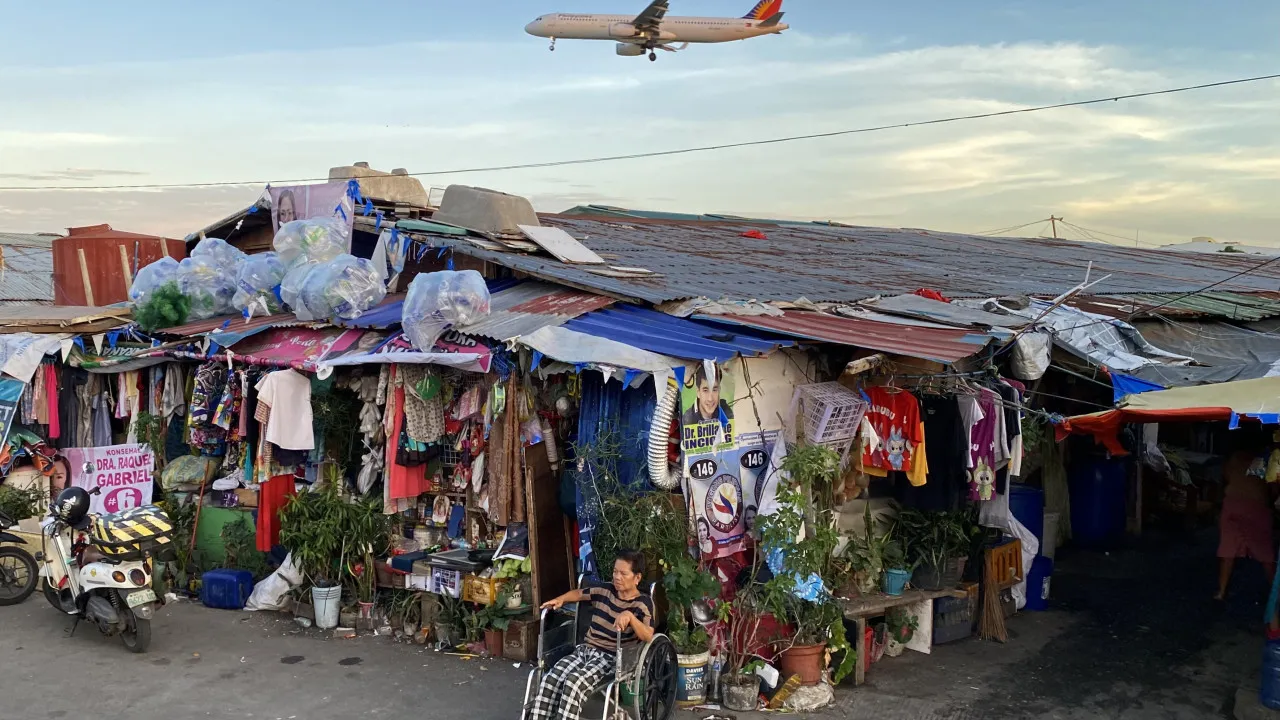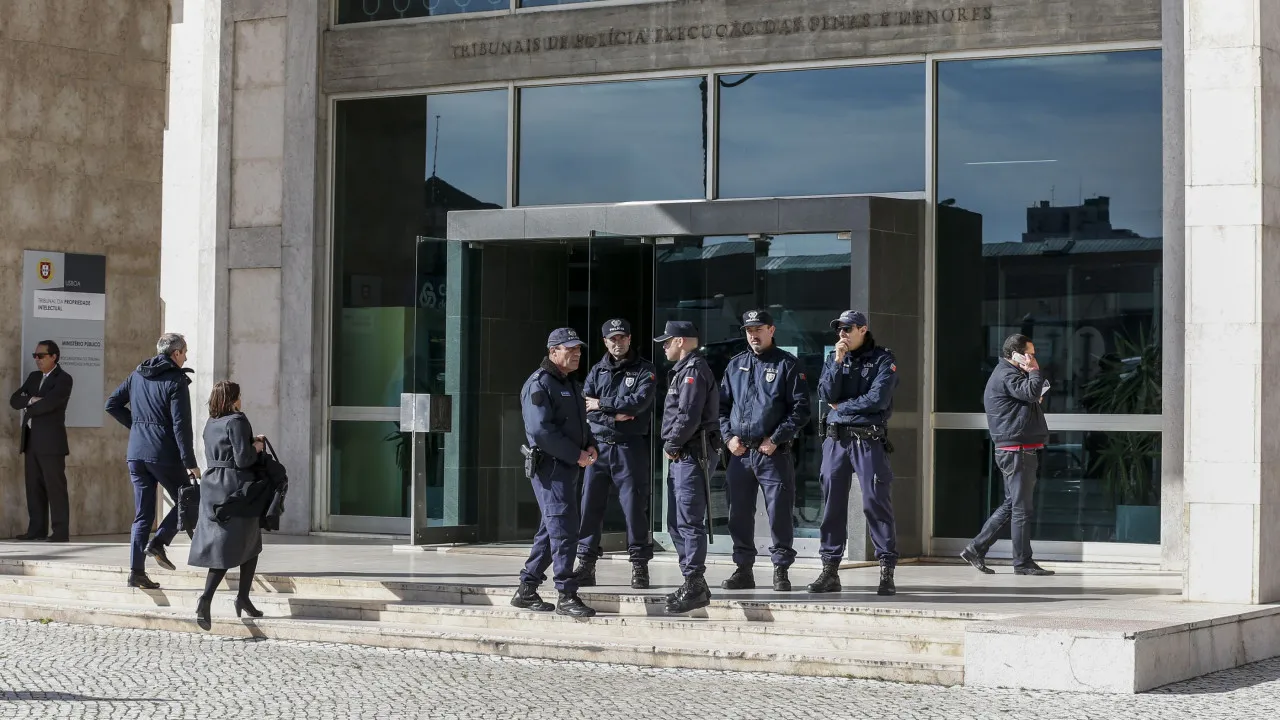
Candidates with Portuguese roots, Charles Sousa, Peter Fonseca, and Sandra Sousa, are running in electoral districts within the Greater Toronto Area where the Portuguese-Canadian community holds a significant presence.
For Charles Sousa, a Liberal candidate seeking re-election in Mississauga—Lakeshore, these elections are “extremely important.”
“We must protect our sovereignty, the economy, and essential social programs for Canadians,” Sousa stated in an interview, highlighting the tariffs imposed by the United States as a threat to the well-being of the population and national unity.
Sousa was elected as a federal member of parliament in 2022, after having already represented the same district at the provincial level, where he served as Ontario’s Minister of Finance.
“We need to keep Canada strong on the international stage. The other side wants to divide, but we need to stay united,” he declared, underscoring the strategic importance of the 905 region to achieve a parliamentary majority.
The district of Mississauga—Lakeshore, home to nearly 120,000 residents, encompasses communities with a significant presence of the Portuguese diaspora, although Portuguese-Canadians represent only about three to four percent of the local population.
In Mississauga East—Cooksville, Peter Fonseca is also seeking re-election for the Liberal Party. A former Olympic marathon runner and a federal deputy since 2015, Fonseca calls this “the most important election of his generation.”
“The tariffs imposed by the United States are affecting our quality of life, the prices of essential goods, pensions, and jobs,” he warned, emphasizing the need to diversify trade relations with Europe and Asia.
Fonseca was clear about the role of Mark Carney, the new Liberal leader: “He is a renowned economist, former governor of the Bank of Canada and the Bank of England. He is the right person to lead the country in this crisis.”
He also highlighted the contributions from Portuguese-Canadians in the construction industry, especially amid the housing crisis, recalling the efforts of earlier generations of immigrants: “They came in the 50s, 60s, and 70s, worked hard, and helped build this country.”
In Davenport, the district with the highest proportion of Portuguese speakers in Canada — more than 17% according to the 2021 census — engineer Sandra Sousa is the new candidate for the NDP.
The daughter of Portuguese immigrants, Sandra stated her decision to run was inspired by the belief that “it’s time” for the community “to have a strong local voice in Ottawa.”
“The housing crisis, the cost of living, and climate change are urgent issues,” she said, advocating that “with global instability and Trump’s tariffs,” it is essential “to invest in people.”
Sandra argues that only a minority government with a strong NDP can “ensure real changes,” reminding that it was the social democrats who negotiated the $10 per day childcare programs, the dental care plan, and advanced the national PharmaCare public insurance plan.
“Every vote counts. The Liberals won this district by just 76 votes in the last election. In Davenport, vote Sandra Sousa,” she concluded.
Aside from the candidates, former Deputy Mayor of Toronto, Ana Bailão, also emphasized the importance of these elections in an interview.
“With the tariffs, Canada faces one of the greatest crises in its history. We need someone with international experience and economic capability like Mark Carney to lead,” she commented.
Sergio Ruivo, former president of the Federation of Portuguese-Canadian Business and Accountants, agreed: “The threat to our sovereignty and economy is real. Canadians are united like never before.”
In Quebec, Liberal MP Alexandra Mendès will attempt a fifth term, representing the Brossard—Saint-Lambert district (Montreal), which she has held since 2015. Between 2008 and 2011, she served as the MP for Brossard—La Prairie.
Economist Carlos Leitão, Quebec’s former Finance Minister from 2014 to 2018, is the Liberal candidate for Marc-Aurèle-Fortin in Laval, marking his return to federal politics after leaving provincial politics in 2022.
Advance voting runs until April 21, having already drawn two million voters, a record for the country, just on the first day, Good Friday.
According to Elections Canada, more than 28 million Canadians are registered to vote.
On April 28, voters will elect the 343 Members of Parliament and the new Prime Minister, in a “direct confrontation” between Liberal Mark Carney and Conservative Pierre Poilievre.




